Formula E
Hyperloop: The future of transport
Key Takeaways
- The Delft Hyperloop can reach speeds of over 1,200 km/h and can carry both passengers and freight
- The 500 kilometers from Paris and Amsterdam take some five hours by road but only 30 minutes in the Hyperloop
- The Delft Technical University team won the SpaceX Hyperloop Pod competition in California - delivered by DHL
Hyperloop: Safe, fast, reliable and efficient
American entrepreneur Elon Musk, Space X and Tesla founder, had the idea for the Hyperloop in 2013. His aim was to develop a faster, more reliable, durable and safer means of transport that should be able to transport people and goods at a speed of 1,200 km/h along a pipe under low air pressure. That would make transportation more energy-efficient and more effective when compared to planes or trains, for instance.
Thirty members of the Delft University of Technology in the Netherlands have developed a capsule to transport people and goods at high-speed through pipelines – the ‘Delft Hyperloop’. The Delft Hyperloop pod is safe, fast, reliable and efficient. It can reach speeds of over 1,200 km/h and can carry both passengers and freight. With a mass of only 149 kg, the pod is highly responsive.
The Hyperloop pods float above the track and only have to contend with minimal air resistance. They offer passengers a much smoother, safer and faster ride than the average airplane. The Hyperloop pod is designed with the highest safety levels in mind. The design features a fail-safe braking system that automatically brings the pod to a halt if there’s a power failure.
Inside the pod, travelers will sit side by side, surrounded by virtual windows. From their luxurious chairs they will be able to control the lighting, the temperature and an entertainment system. The pod is designed to make the experience more enjoyable and calming while traveling through a tube without windows. Therefore the vehicle is fitted with a series of high-definition display ‘windows’ that offer a simulated 360° view of the surrounding landscape.
In addition to the virtual wall, travelers will have personal information screens in front of them which provide up-to-date info on the weather as well as upcoming events at destinations. The screens also display technical Hyperloop information about topics such as energy saving and the current speed of the pod.
The aim of the Hyperloop project is to significantly reduce travel time between two locations. The 500 kilometers from Paris and Amsterdam take some five hours by road but only 30 minutes in the Hyperloop and cost less than a flight for the same route.
Delft Hyperloop wins SpaceX competition
At the end of January, the Delft Technical University team took part in the SpaceX Hyperloop Pod competition in California to defend its development lead against 30 other teams from around the world. The capsules in the contest were half-shells and not yet intended to carry people.
The three finalists included the Delft Hyperloop team, a team from the Massachusetts Institute of Technology and one from the Technical University Munich. The pods ran on a track inside a three-quarter mile tube. For the final runs, the tube was sealed with the pod inside. Then, the air was pumped out to create a vacuum, enabling the pods to reach high speeds due to the lack of wind resistance. During the competition, this tube became the second-largest vacuum tube in the world after the large Hadron collider on the Swiss-French border.
Elon Musk, founder of SpaceX and Tesla, was on hand to witness the competition that stemmed from his brainwave back in 2013. His influence on the Delft team was unmistakable – Elon Musk was the name they gave to the stuffed puppet that rode inside the pod during the test runs. Once the pod was loaded in the tube, it then took about 30 minutes to pump all the air out – tense final moments after investing one-and-a-half years in the Hyperloop project.
The pod from Munich clocked the highest speed, and the MIT crew earned top marks for safety and reliability, but it was Delft’s Hyperloop design that won overall. “We weren’t the quickest, but that was not the prize we aimed for,” said Delft team captain Tim Houter after the winners were announced. “We wanted to make an innovative and good contribution. We therefore did not only focus on speed, but also on efficiency during construction and on the cost and safety of the capsule.”
DHL lends the Delft Hyperloop its support as logistics partner
DHL are the logistics partners of the Delft Hyperloop and are therefore responsible for all shipments relating to the project. DHL Express took charge of the entire logistics operation for the project and the capsule. A team from TU Delft traveled to California to make the final preparations for the last round of the SpaceX Hyperloop Pod competition.
The intercontinental transport from the Netherlands to the US threw up a number of specific challenges, but DHL used its special expertise in complying with customs and airfreight regulations to pave the way for the cross-border shipment with its cargo of hi-tech equipment, including batteries and magnets. Also, a specially developed freight box ensured the safe and smooth transport of the Delft Hyperloop.
Apart from physically transporting the shipment, DHL also contributed to the project’s feasibility by developing an economically meaningful model. The wide use of this technology for the transportation of people and goods is a key factor in the Hyperloop’s profitability. To this end, DHL gave the project team its own relevant data regarding the use of energy and the effects of air and road transport on the environment. The goal is to help the team develop reference values for the Hyperloop in order to compare it with already existing means of transport and develop a long-term business model for the technology.
It truly felt like history in the making
Leendert van Delft
The potential impact on logistics is what brought DHL and the Delft Hyperloop team together in the first place. The students were looking for information they could use as a business case to answer questions about how Hyperloop would compare to a train or plane, the costs associated with transporting goods and the potential reduction in carbon emissions. DHL, present in 220 countries and territories around the world, has decades of experience in the logistics industry on which to call to answer the Delft team’s questions. In return, Delft’s expertise in Hyperloop technology showed what might be possible in the logistics branch if the technology were introduced.
Flights depart the Leipzig hub every night for other DHL hubs and gateways around the world where deliveries are dispatched to customers. This is a nightly cycle, completed with the goal of sending full airplanes to their destinations. With Hyperloop, the numbers look a little different. “The volumes that you need to fill to go from Amsterdam to Paris, for example, are much lower,” said Tom Vervoort, Vice President of IT at DHL Express Netherlands. “It would be worth it to go every hour or every thirty minutes, rather than once per night. The cost is lower than that of a truck, and the speed is comparable to that of a plane, which could allow same-day delivery service within Europe.”
In the 18 months leading up to the competition, DHL worked with Delft Hyperloop to analyze the potential impact on the logistic industry. The environmentally-friendly transport pods that travel at the speed of airplanes in low-pressure tubes are a potential game-changer with things like European same-day delivery a real possibility in the future. “It truly felt like history in the making,” said Leendert van Delft, Head of Marketing at DHL Express, after winning the SpaceX competition.
Buenos Aires: Where Sustainability is not only a dream
REVIEW: What has happened since the last Formula E race?

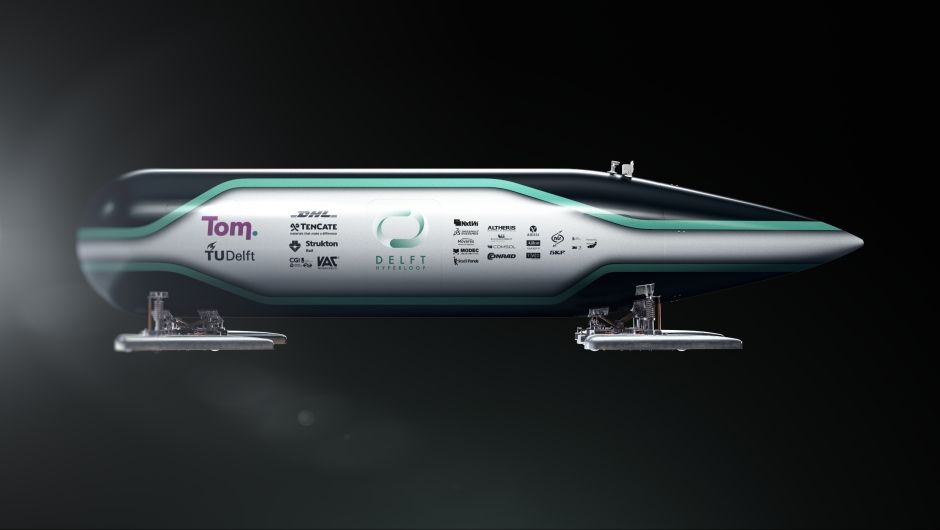
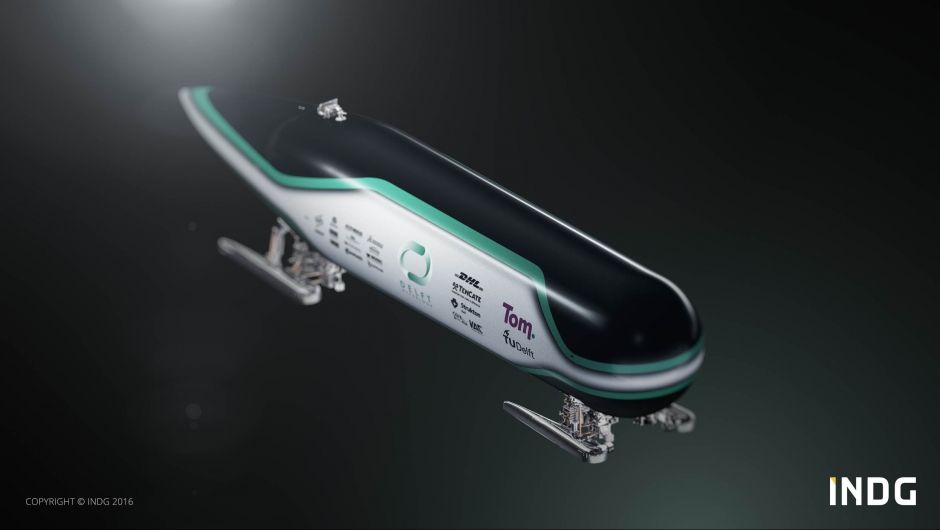
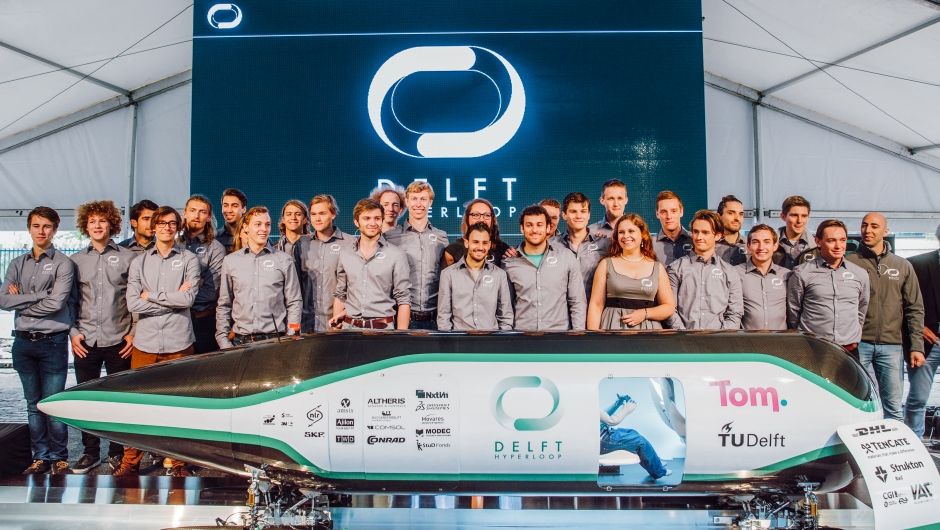

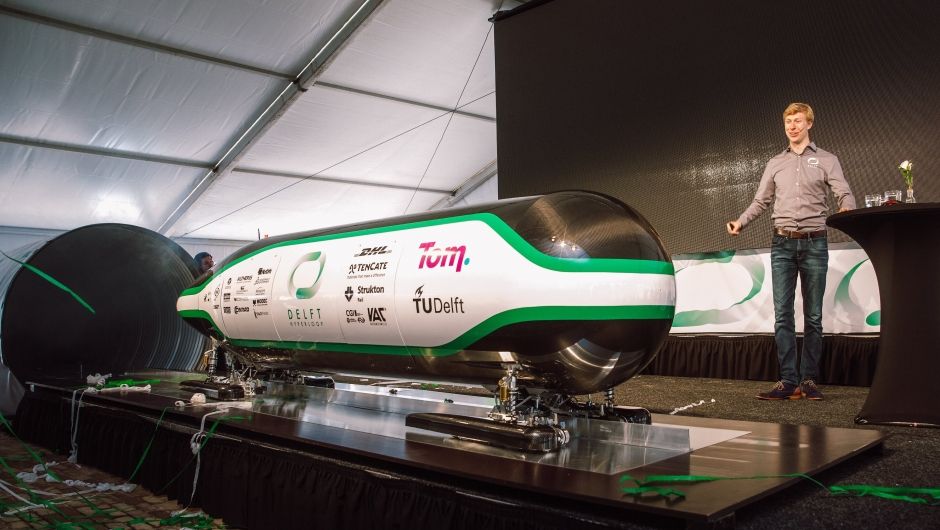
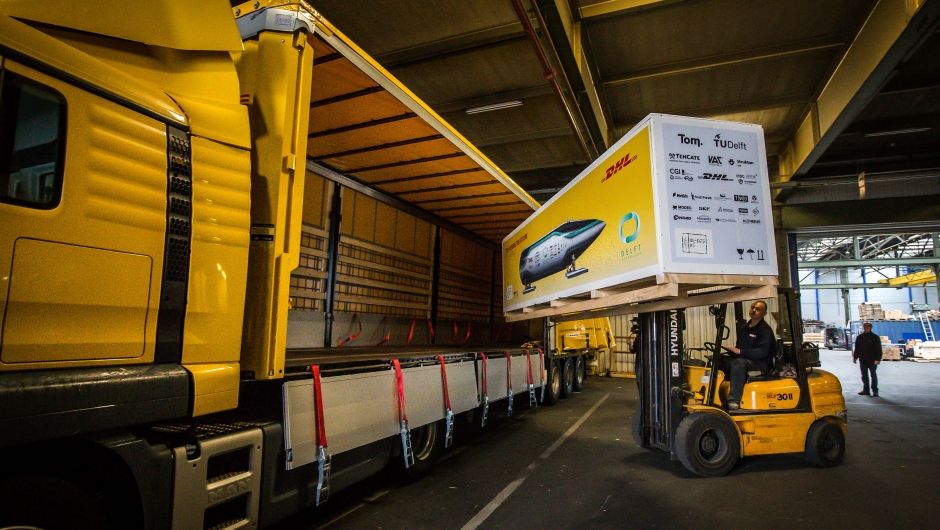
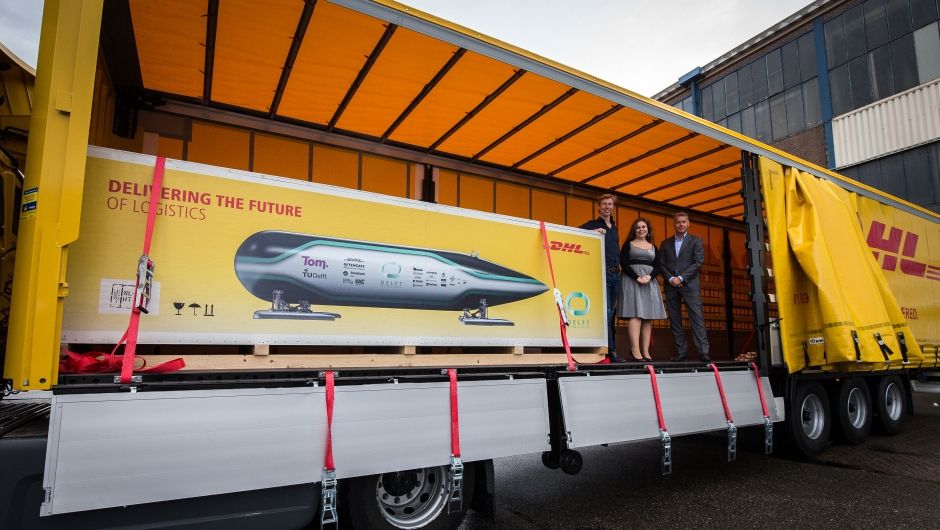
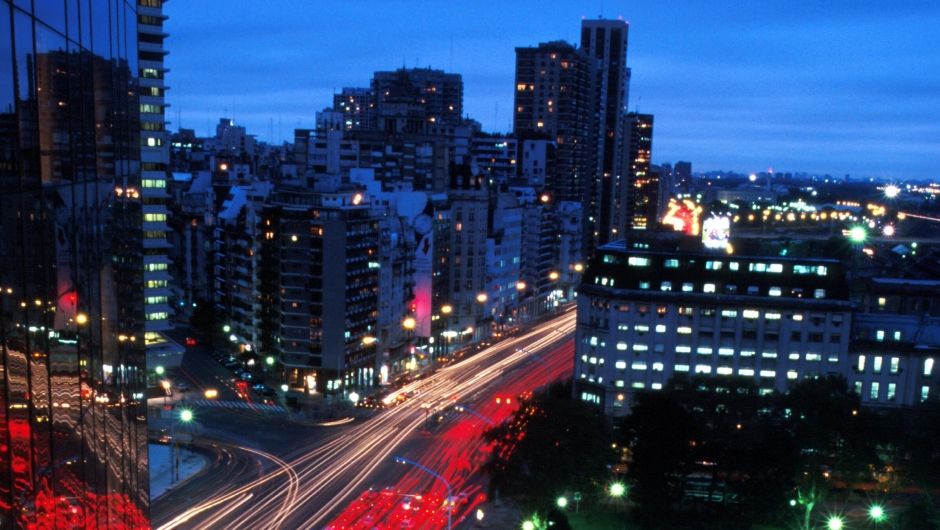
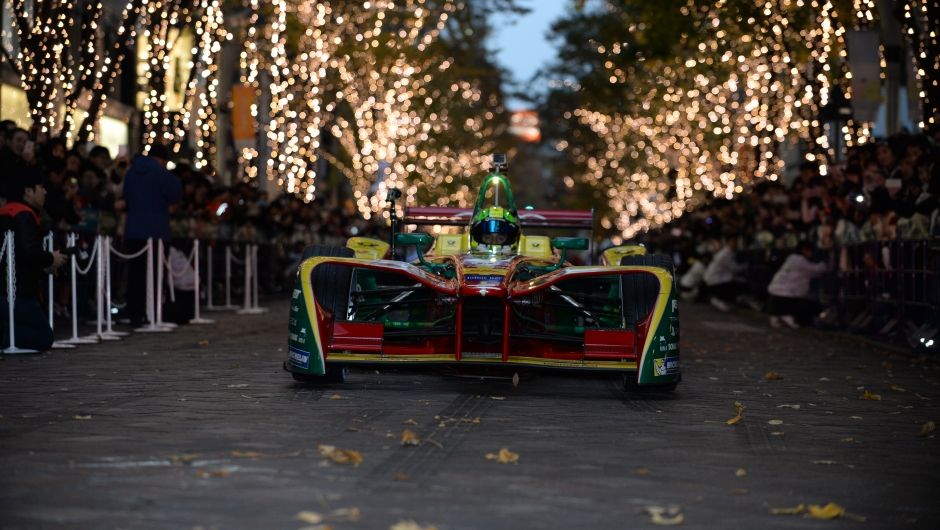
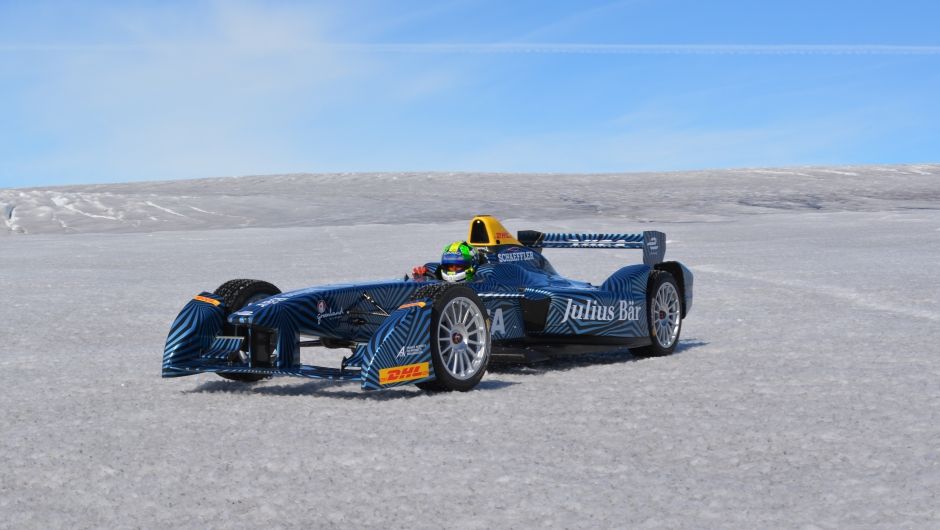
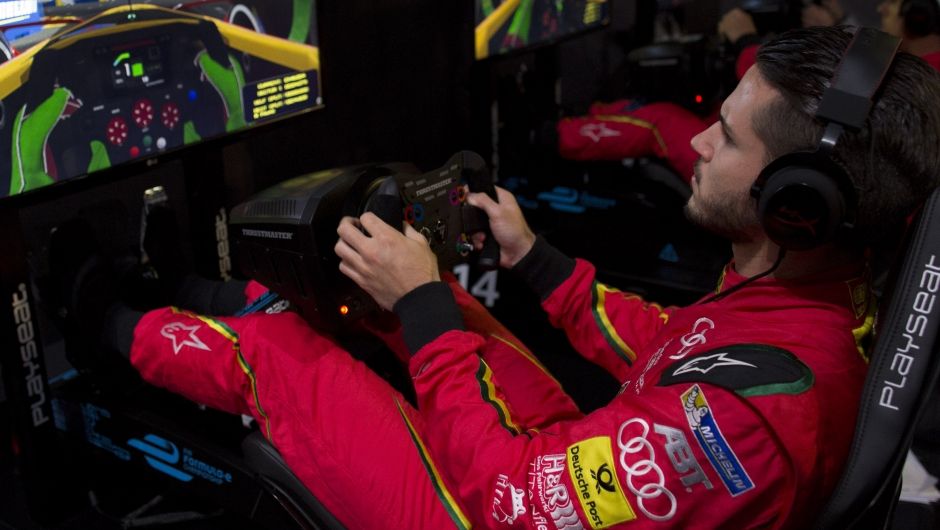
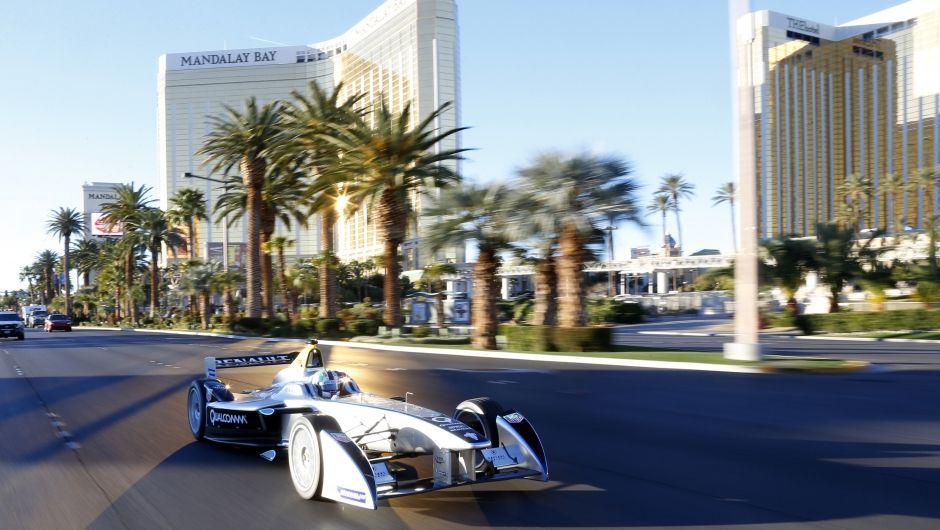
Content from disqus has been blocked because you did not allow to load it.
Loading the blocked content will adjust your privacy setting and content from this service will not be blocked in the future.
You have the right to revoke or change your decision at any time.
Posting Guidelines
All communications on Logistics of Things should be appropriate for a professional community, respecting the diverse views of individuals from different backgrounds. We will review all comments and reserve the right to terminate or restrict access to user's account and to delete any content posted through it, without notice and at our discretion, if we deem it to be overly promotional, offensive, or off topic.
All posting become property of DHL.